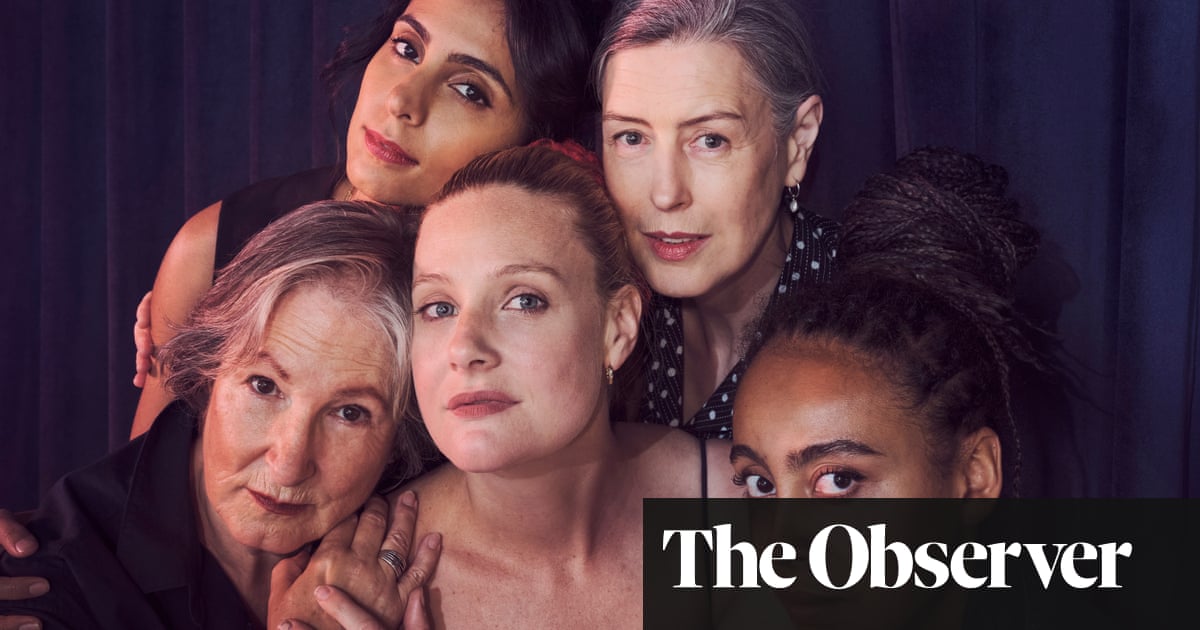Annie Ernaux's Nobel Prize-winning autobiography, "The Years," is being adapted for the stage, bringing the author's powerful exploration of memory and identity to life. The play features five actresses portraying Ernaux at different stages of her life, weaving a complex and captivating narrative of personal evolution.
The play's director, Eline Arbo, has chosen a unique approach, dividing Ernaux's life into 12 distinct time zones, each introduced by an old photograph. This visual storytelling provides a compelling backdrop for the actors to embody the author's shifting perspectives across the decades.
"It will be a slippery narrative," Ernaux wrote, "composed in an unremitting continuous tense, absolute, devouring the present as it goes." This sense of fluidity, of a life constantly shaped and reshaped by time, is beautifully captured by the play's cast.
Gina McKee and Deborah Findlay portray Ernaux's older selves, drawing upon their own experiences to illuminate the author's journey. Romola Garai, Anjli Mohindra, and Harmony Rose-Bremner play her younger incarnations, bringing youthful energy and insightful observations to the roles.
The cast's personal experiences, shaped by their own families and backgrounds, resonate with Ernaux's themes of social mobility, gender, and the impact of world events on individual lives.
McKee, who grew up in a working-class family in County Durham, reflects on the opportunities that opened up for bright young women in the 1970s, yet acknowledges the challenges of navigating a world still lacking true equality.
Findlay, who grew up in Surrey, speaks of the trailblazing generation that came before her, a generation that first experienced the freedom of higher education and the contraceptive pill.
Garai, who grew up in Hong Kong and Singapore, shares her own journey of navigating social class and her parents' ambitions for their children's future.
Mohindra, who grew up in Nottingham, speaks of her upbringing in a multicultural family where her mother's experiences in India shaped her outlook on life and her understanding of the complexities of feminism.
Rose-Bremner, the youngest of the cast, brings a fresh perspective, having grown up in a world already saturated with social media and its impact on women's lives.
The play delves into Ernaux's own experiences with gender, from her backstreet abortion in her youth to the complexities of motherhood and the evolving demands placed on women in a rapidly changing world.
The play's exploration of Ernaux's life is ultimately a poignant reflection on the power of memory and the constant evolution of individual identity in a world constantly reshaping itself. The cast's individual stories, interwoven with Ernaux's own, provide a fascinating and timely exploration of womanhood, social change, and the enduring legacy of a life lived in time.
Article
Entertainment

A Life in Time: The Years on Stage

